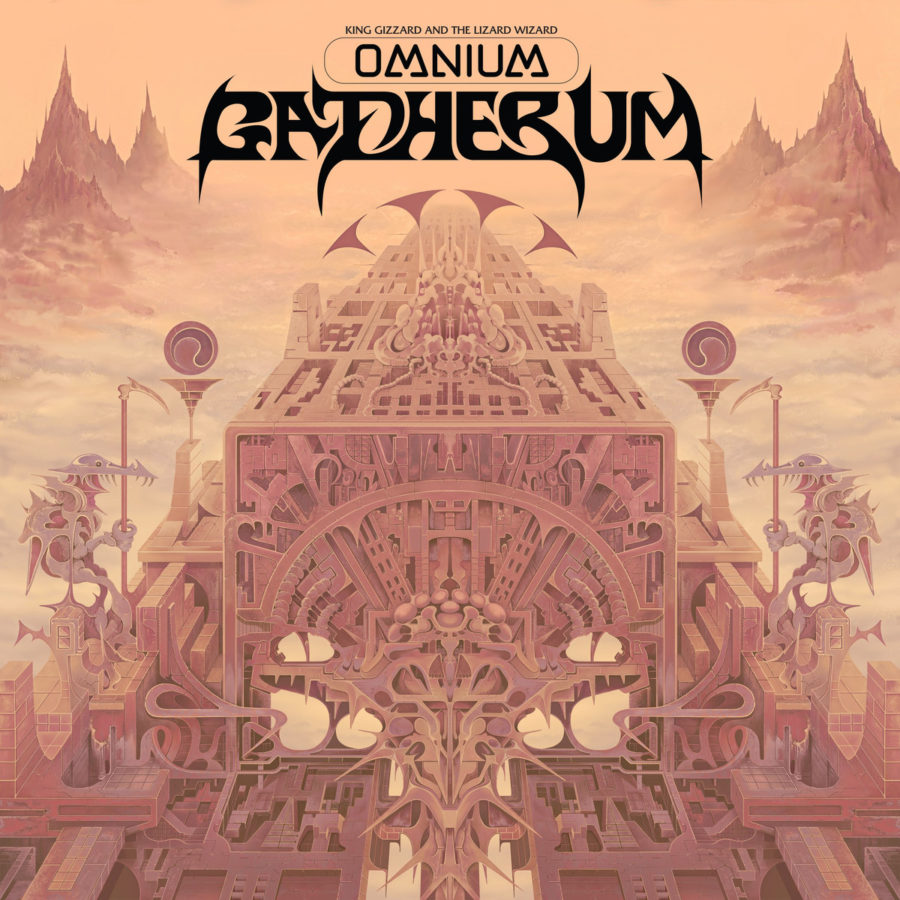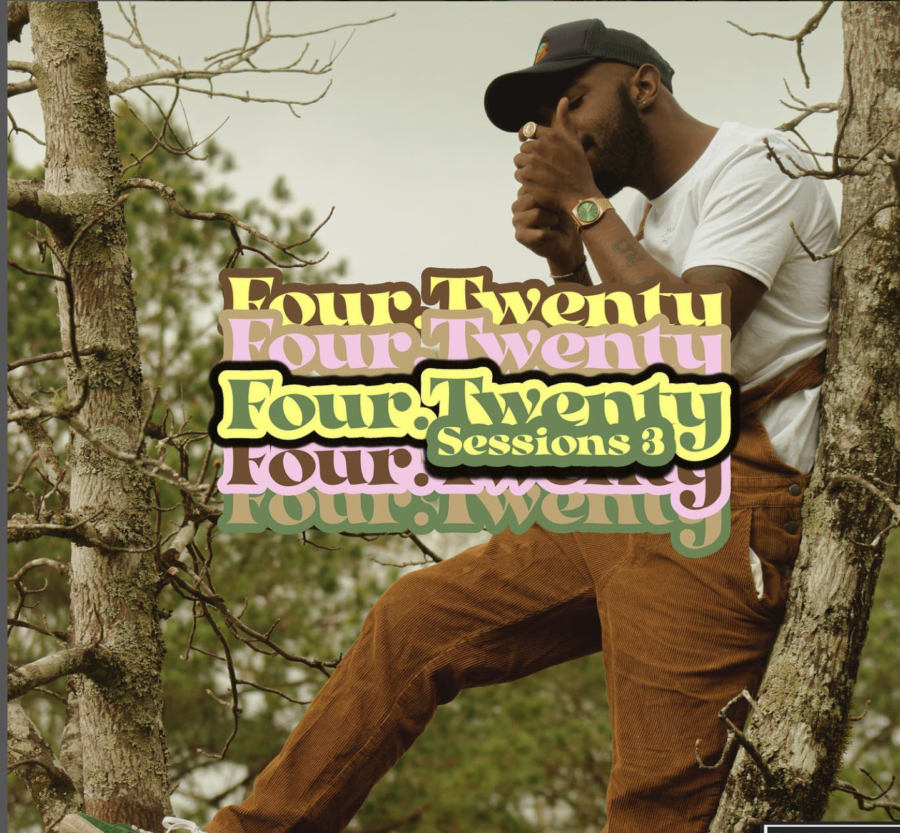At the young age of 30, Kendrick Lamar received the Pulitzer Prize for Music. The prestigious award was in response to Lamar’s latest album “DAMN.”
“‘DAMN.,’ a virtuosic song collection unified by its vernacular authenticity and rhythmic dynamism that offers affecting vignettes capturing the complexity of modern African-American life,” the Pulitzer Prize website said.
A rapper from Compton, California, Lamar raps about growing up in the notorious city, deeming himself “Compton’s human sacrifice” in his song “m.A.A.d city.” Lamar has a very large following, but not everyone can truly understand his music, believing that “you can’t spell crap without rap.”
Many people believe that Lamar was undeserving of his win by saying things on the internet such as, “As if pop doesn’t have enough awards already,” and “[“DAMN.”] is incoherent, nasal yakking over a migraine inducing throb. The Pulitzer has lost all meaning,” according to the “Los Angeles Times” reporter Randall Roberts.
This is not the first time Lamar received hate for his music. Just think back to his performance at the NCAA National Championship. Older generations were berating him on Facebook, but this is simply because they were unable to understand Lamar’s music.
One of the most astounding things about Lamar receiving this award is that the award has never been given to a “mainstream” artist, let alone a rapper. The award has only been given 67 times since the award was created in 1943 and was strictly given to artists in the jazz or classical fields.
Another critique of Lamar winning the prize according to Roberts is the fact that he did so “without studying in a conservatory, mastering an acoustic instrument or composing an opera.” All of which have been done by previous winners.
“I think that [Lamar’s win] is a big moment for both hip-hop and for the Pulitzer Prizes, one that we’re very proud of,” Dana Canedy, the new administrator of the Pulitzer Prizes, said. “Obviously, this is not a genre we’ve seen celebrated before, so that in that sense it’s historical, and we’re glad to have made that happen.”
“[Lamar’s] ability to capture the essence of black life, at its most minute, is also what makes “DAMN.” a great piece of journalism,” Huffington Post writer Julia Craven said. “The album chronicles the black struggle in real time, which makes listening to a Lamar album as satisfying as reading the works of Ida B. Wells or James Baldwin. His music, like the best journalism, is rooted in the moment and grounded in historical significance – like “King Kunta,” an oxymoronic ode to his life as a wealthy black man in America. “DAMN.” is a comprehensive explanation of the black struggle today that deserves its spot in the history books.”































